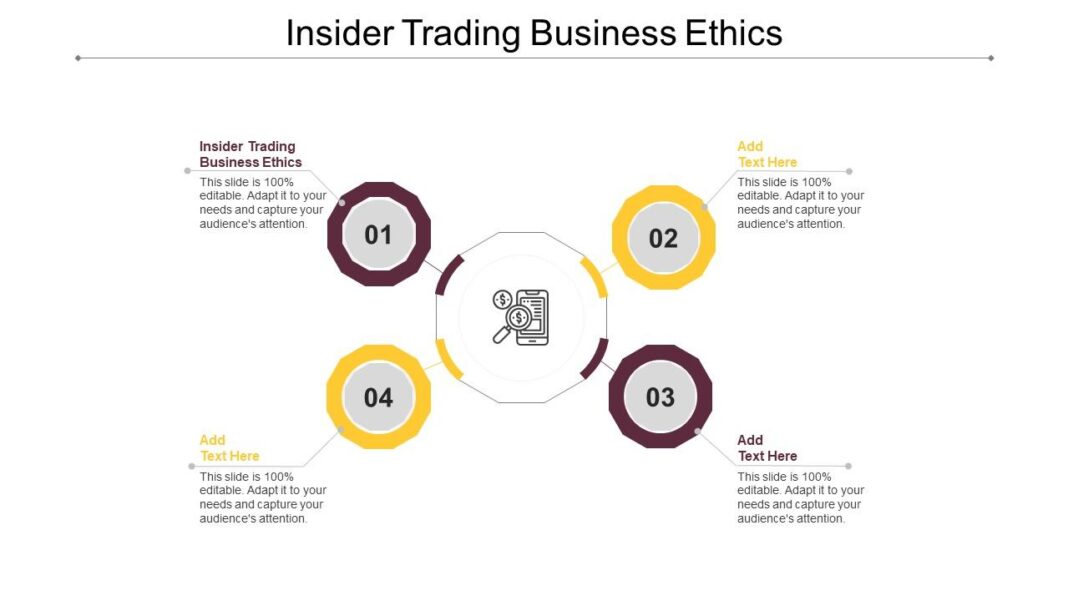
In the realm of finance, insider trading scandals within financial institutions have sparked widespread concern, highlighting ethical breaches and regulatory challenges. These scandals not only undermine market integrity but also erode public trust in financial institutions, necessitating stringent regulatory oversight and ethical standards.
Understanding Financial Institution Insider Trading Scandals
Financial institution insider trading scandals involve individuals within these institutions using non-public, confidential information to trade securities for personal gain or to benefit others unfairly. Such actions violate securities laws and ethical guidelines, exploiting privileged access to sensitive information for financial advantage.
Impact on Market Integrity and Investor Confidence
The impact of insider trading scandals on market integrity is profound. Investors rely on fair and transparent markets where all participants compete on a level playing field. Insider trading undermines this fairness, distorting market prices and disadvantaging unsuspecting investors who lack access to privileged information. Consequently, investor confidence may wane, affecting market liquidity and efficiency.
Ethical Implications and Corporate Governance
Insider trading scandals raise significant ethical concerns regarding corporate governance and accountability. Financial institutions are expected to uphold ethical standards, safeguard confidential information, and prioritize the interests of clients and investors. Breaches of these standards not only damage institutional reputations but also invite scrutiny from regulatory bodies and legal authorities.
Regulatory Responses and Legal Consequences
Regulatory bodies play a crucial role in addressing insider trading scandals, enforcing securities laws, and imposing penalties on violators. Financial institutions implicated in such scandals may face fines, sanctions, and reputational damage. Compliance with regulatory requirements and cooperation with investigations are essential in mitigating legal liabilities and restoring trust.
Lessons Learned and Preventive Measures
Insider trading scandals serve as a stark reminder of the importance of robust compliance programs and ethical training within financial institutions. Proactive measures include implementing strict controls over access to confidential information, conducting regular audits, and fostering a culture of integrity and transparency among employees. Transparency in reporting and communication with stakeholders further reinforces commitment to ethical conduct.
Conclusion
In conclusion, financial institution insider trading scandals underscore the critical need for ethical governance, regulatory oversight, and accountability in the financial sector. While these scandals pose challenges to market integrity and investor confidence, they also drive reforms aimed at strengthening ethical standards and regulatory enforcement. By learning from past mistakes and adopting proactive measures, financial institutions can uphold trust, promote fairness in markets, and protect the interests of all stakeholders.


